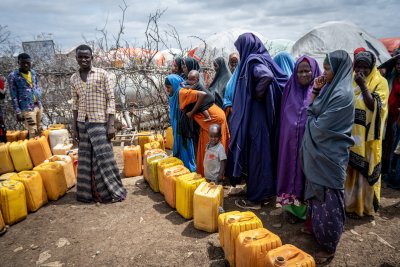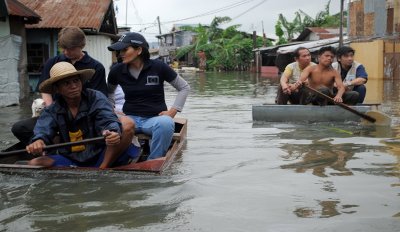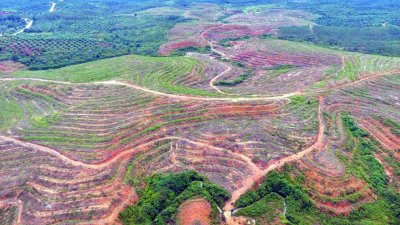IMS collaborates with media partners – from West Africa to Indonesia, Syria to Ukraine – in countries that are disproportionately impacted by armed conflict, humanitarian crises, rapid political change, authoritarian rule and not least the environmental crisis.
In these difficult contexts, IMS’ builds our approach to the environmental crisis on:
- The need to reach vulnerable and marginalised audiences, including women and Indigenous peoples, who are disproportionately affected by climate change and environmental degradation with constructive and accountability media content and content that debunks disinformation.
- Ensuring a safe environment for our partners to work, given the highly sensitive nature and safety risks linked to climate and environmental reporting.
IMS’ approach to the environmental crisis is based on needs and opportunities expressed by our partners. The core of our approach is to collaborate with partners to develop new media formats and types of content that can be used by the public to strengthen societal climate resilience, promote climate accountability and counter climate and environmental disinformation by working holistically with media outlets.








